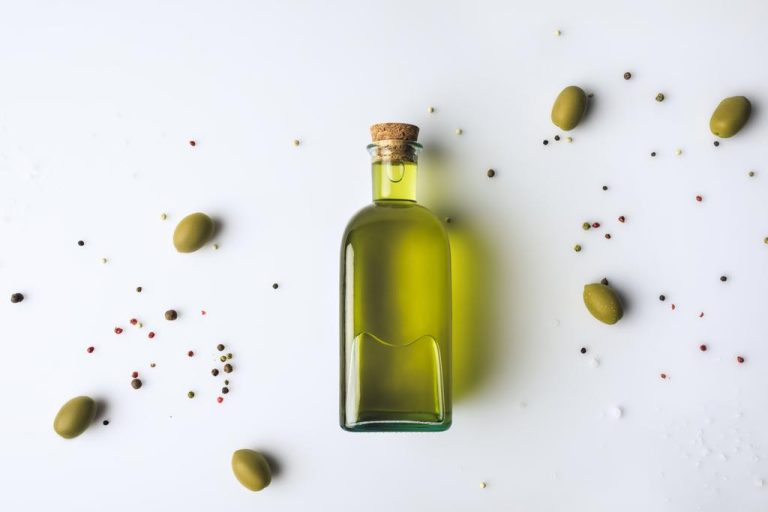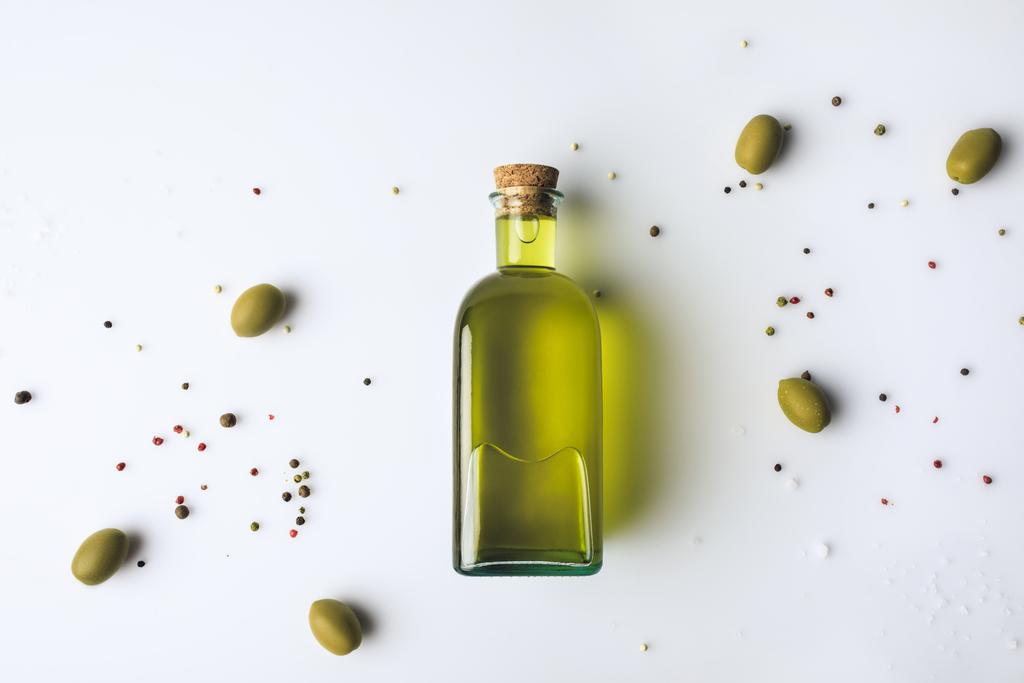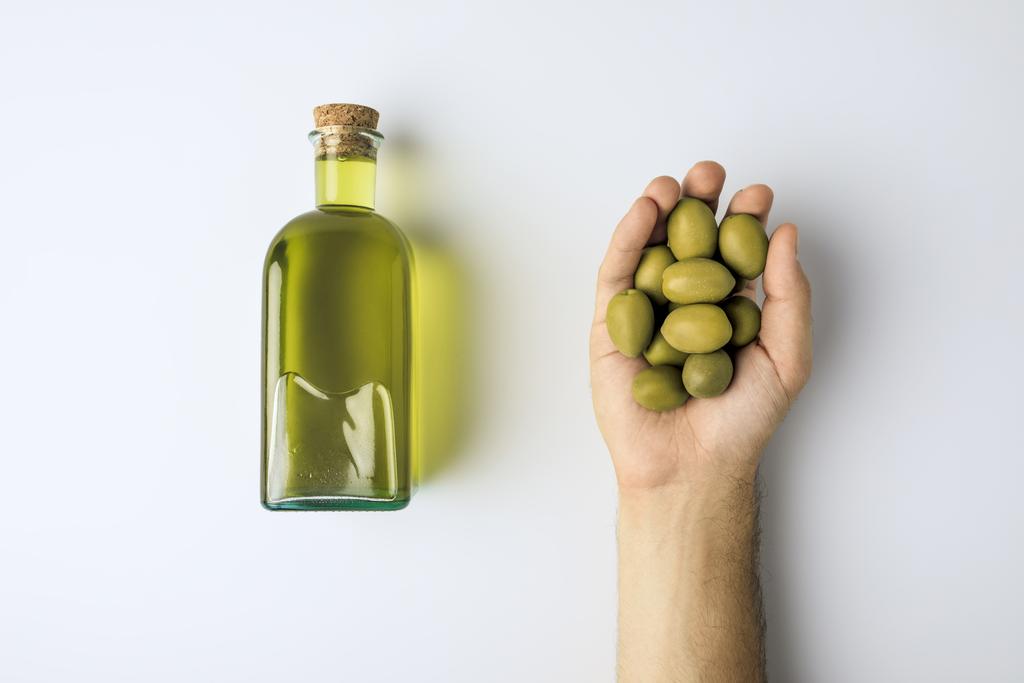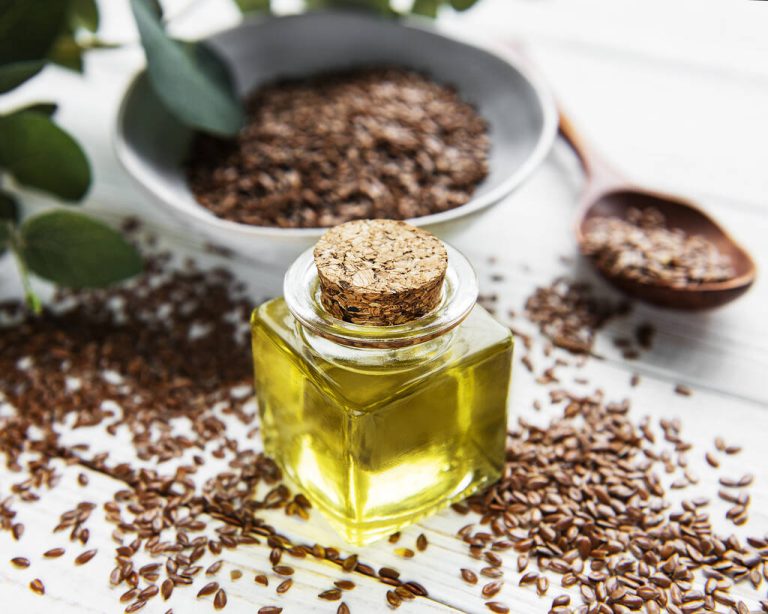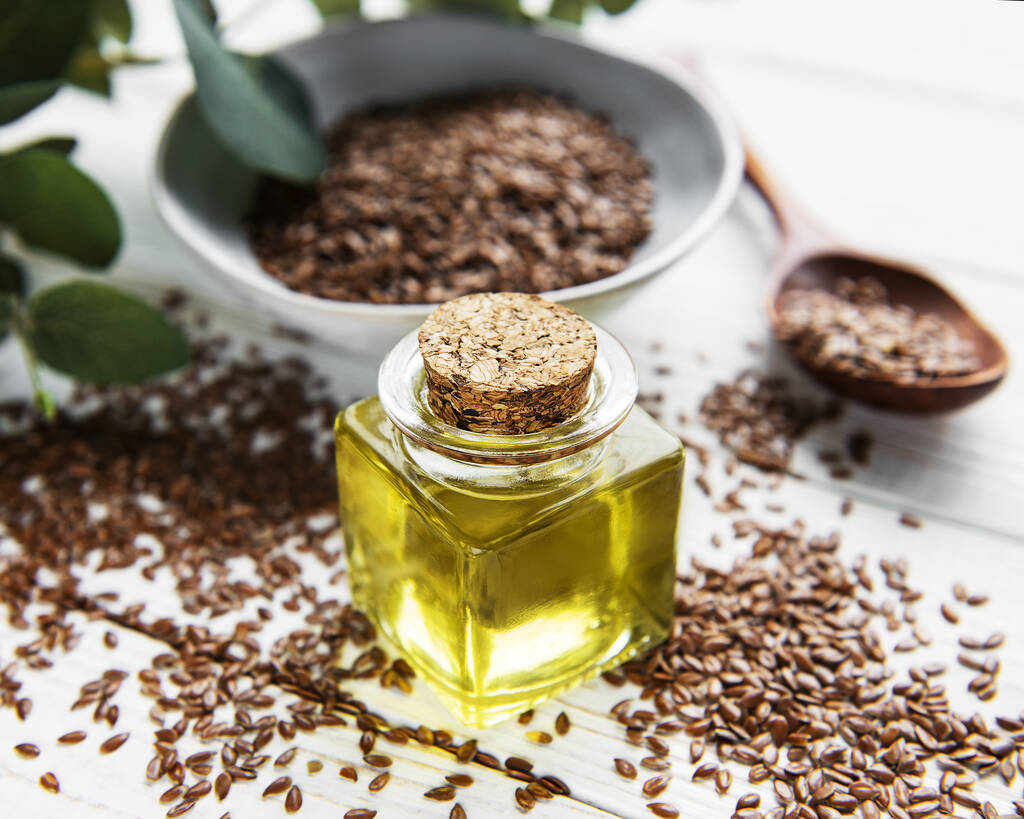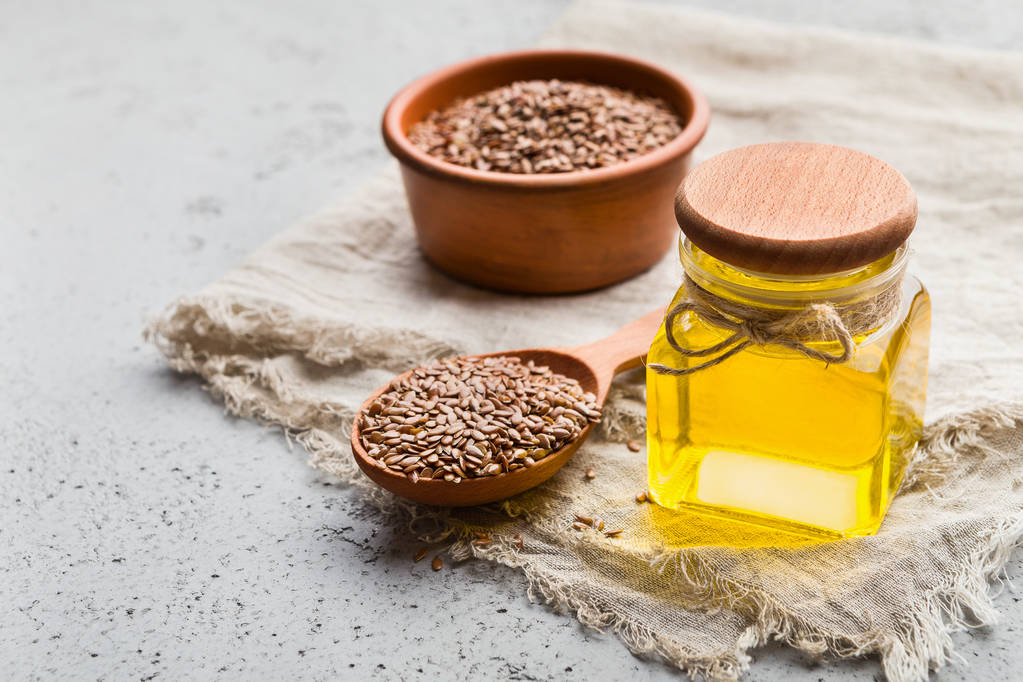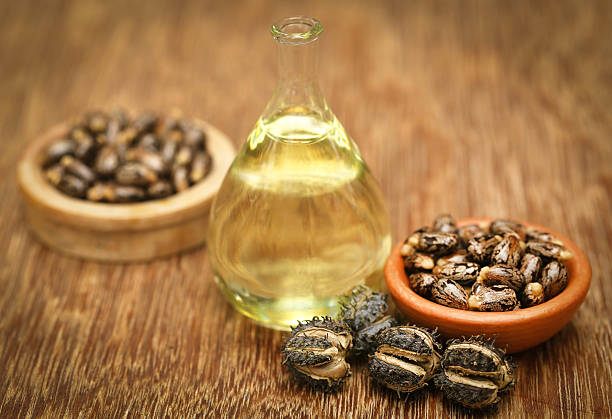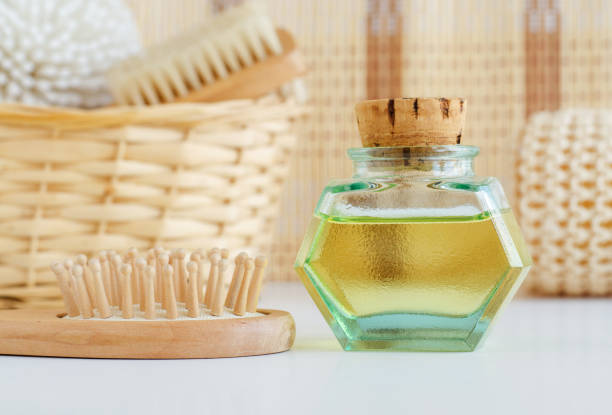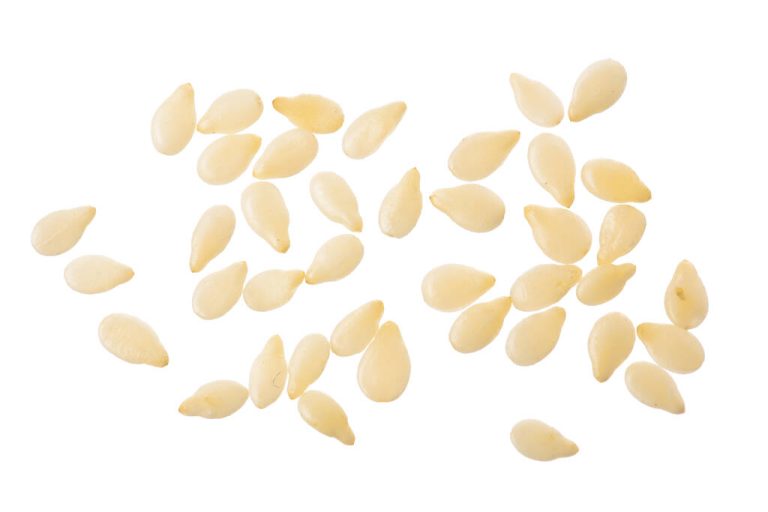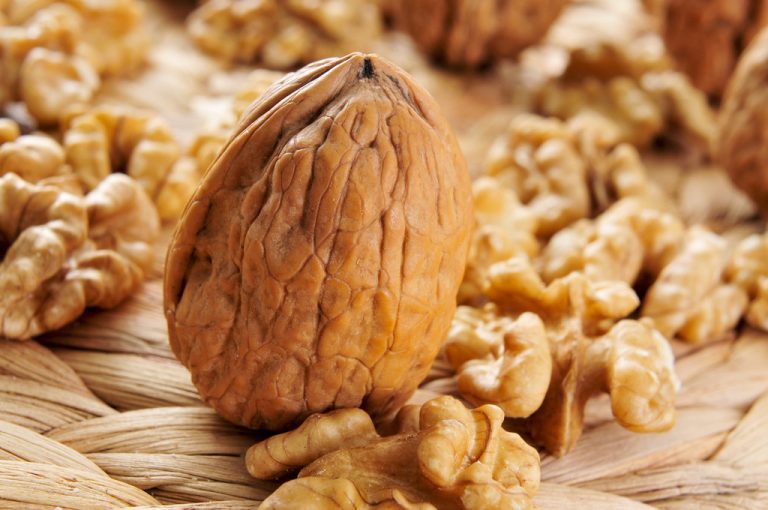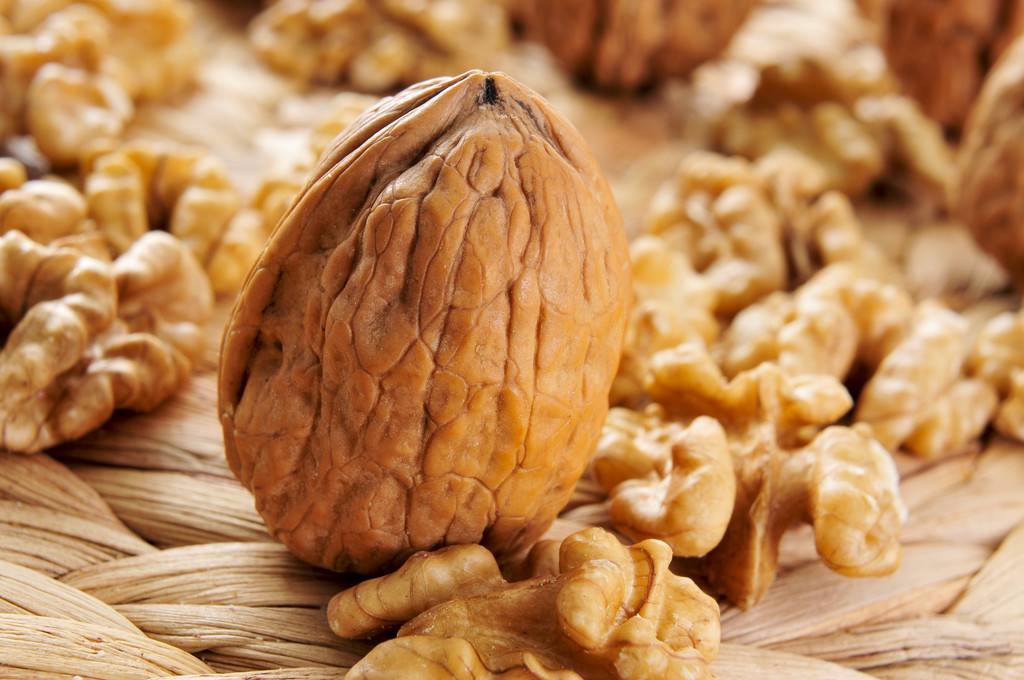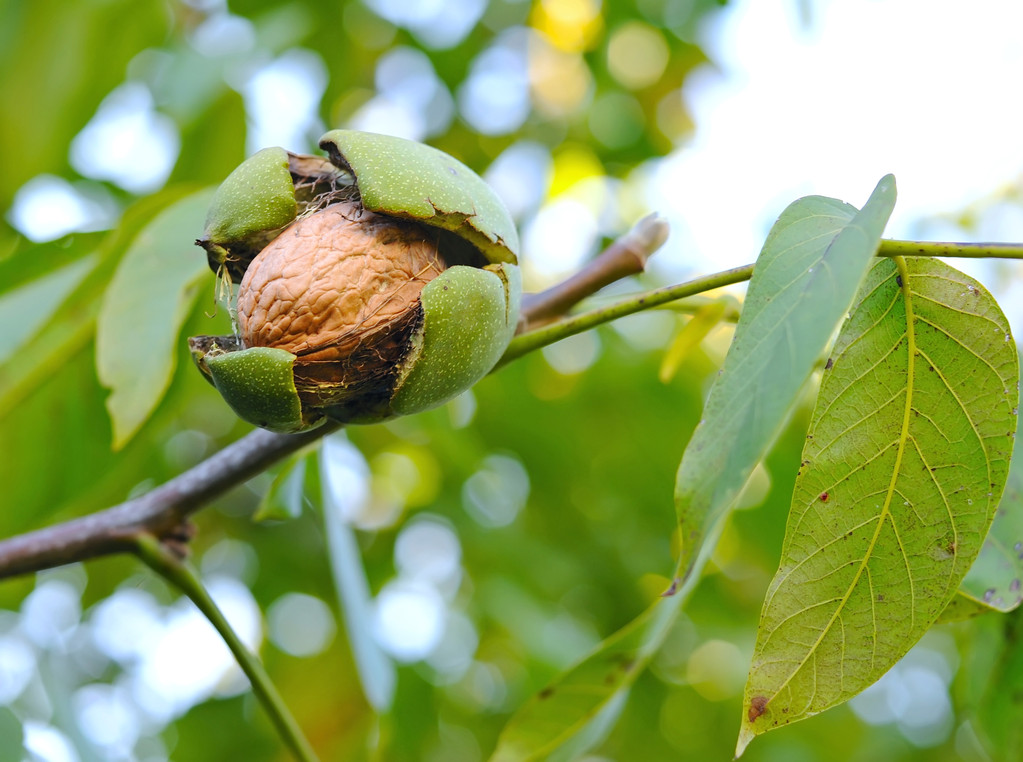The use of tea tree oil as a natural home remedy offers a wide range of possibilities. Because the healing effect of tea tree oil benefits the body and mind. Now alleviate health problems with the miracle oil.
Tea tree oil has become an integral part of everyday life for many people. The natives of Australia used the oil as a remedy. Tea tree oil is available in health food stores and drugstores. Find out here what you can use it for.
What is tea tree oil?
Tea tree oil is an essential oil extracted from the Australian tea tree (Melaleuca alternifolia). This bush, up to seven meters high, bears needle-shaped leaves permanently. It can be found in eastern Australia. Even the Aborigines processed the leaves into essential oil and used the healing effect on wounds. A tea can also be made from the leaves. Even today, this oil is used as a remedy for many different ailments. Also, see our article on healthy oils and their uses.

The tea tree oil effect
The effective tea tree oil effect is mainly given to the good quality of the oil. It owes its healing effect to the compounds terpinene and cineole. Consequently, it has an antibacterial and antiseptic effect. Therefore, it promotes wound healing and inhibits inflammation. It also has a fungicidal effect, so it is used as an effective remedy against skin fungus and herpes. And it also has positive effects on colds and on the psyche.
Ways to use tea tree oil
The tea tree oil application is useful in a variety of areas. Because its healing effect can benefit the body and the mind at the same time. It is therefore worth having this wonderful oil in the household. Consequently, we have collected the most important application tips:
1) Tea tree oil for wounds
For minor wounds, such as small burns or cuts, tea tree oil can support the healing process. Simply apply a few drops of oil to the wound. Then put a plaster over it to speed up the healing of the wound. The antibacterial and antiseptic effect is said to prevent inflammation. Consequently, you can use it to effectively treat blisters on your feet.
2) As a home remedy for pimples
Due to its antibacterial effect, the miracle oil is very suitable for treating skin impurities such as blackheads and has an anti-inflammatory effect. Consequently, it is an effective home remedy for pimples. Therefore, apply some oil to the affected areas. Then leave it on overnight. Since the oil can dry out the skin, you should not apply it to a large area all over your face. Therefore, it is best to use a cotton swab or a cotton pad. Also, read our tips against large pores.
3) Tea tree oil for herpes
Likewise, tea tree oil is an effective remedy for herpes. In order to be able to fight herpes, you have to dab it with the oil several times a day. The antibacterial effect should also fight viruses. It also promotes wound healing. Thus, the annoying cold sores should disappear quickly.
4) Treatment of insect bites
A tea tree oil application is also advisable for itchy, annoying insect bites. Because the itching is reduced by the oil. The oil also reduces the risk of inflammation because it has an antibacterial effect. Therefore put 2 – 3 pure drops of the remedy directly on the sting and let the tea tree oil effect surprise you.
5) Tea tree oil for sore throat
The healing effect of tea tree oil helps you to effectively fight a sore throat or hoarseness. In addition, it works as a home remedy for cough. So use the oil and get quick relief. To do this, mix 5-10 drops of tea tree oil in a glass of warm water and gargle with it morning and night.
6) Fight mold with tea tree oil

If you have mold in your home, you should take urgent action to prevent it. And tea tree oil is very good for fighting mold. Thus, dilute 10ml of the oil with 500ml of water. Then pour the mixture into a spray bottle. You can then spray the affected areas generously with it. This will kill the fungus. Since tea tree oil smells very intense, you should ventilate the room well afterward.
7) Miracle oil as a defense against head lice
When your child goes to school or daycare, they can easily get head lice. If you want to prevent the infestation of these annoying parasites, you can treat your child’s scalp with a few drops of tea tree oil when washing their hair. Experience has shown that children treated in this way are less susceptible to head lice. If it is already too late, also note our natural home remedies for head lice.







